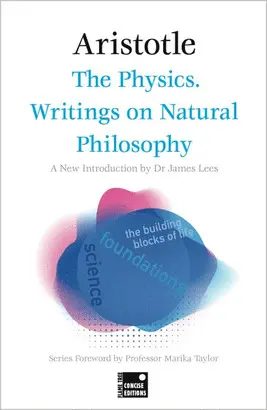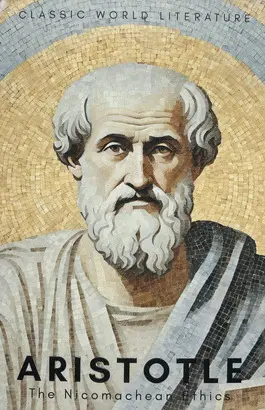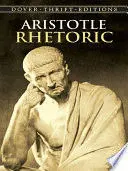Rhetoric
Aristotle / W. Rhys Roberts
u003cpu003eOne of the seminal works of Western philosophy, Aristotle's u003ciu003eRhetoricu003c/iu003e vastly influenced all subsequent thought on the subject — philosophical, political, and literary. Focusing on the use of language as both a vehicle and a tool to shape persuasive argument, Aristotle delineates with remarkable insight both practical and aesthetic elements and t...
Sinopsis
u003cpu003eOne of the seminal works of Western philosophy, Aristotle's u003ciu003eRhetoricu003c/iu003e vastly influenced all subsequent thought on the subject — philosophical, political, and literary. Focusing on the use of language as both a vehicle and a tool to shape persuasive argument, Aristotle delineates with remarkable insight both practical and aesthetic elements and their proper combination in an effective presentation, oral or written. He also emphasizes the role of language in achieving precision and clarity of thought.u003cbru003e The ancients regarded rhetoric as the crowning intellectual discipline — the synthesis of logical principles and other knowledge attained from years of schooling. Modern readers will find considerable relevance in Aristotelian rhetoric and its focus on developing persuasive tools of argumentation. Aristotle's examinations of how to compose and interpret speeches offer significant insights into the language and style of contemporary communications, from advertisements to news reports and other media.u003c/pu003e
Comentarios
Sé el primero en comentar este libroArtículos relacionados






Otros libros del autor





